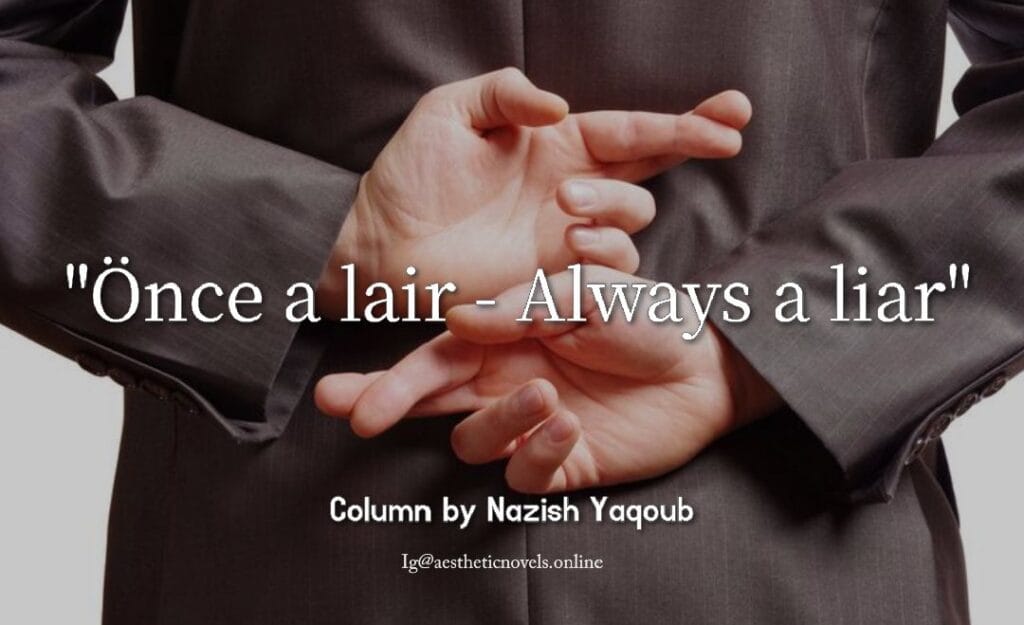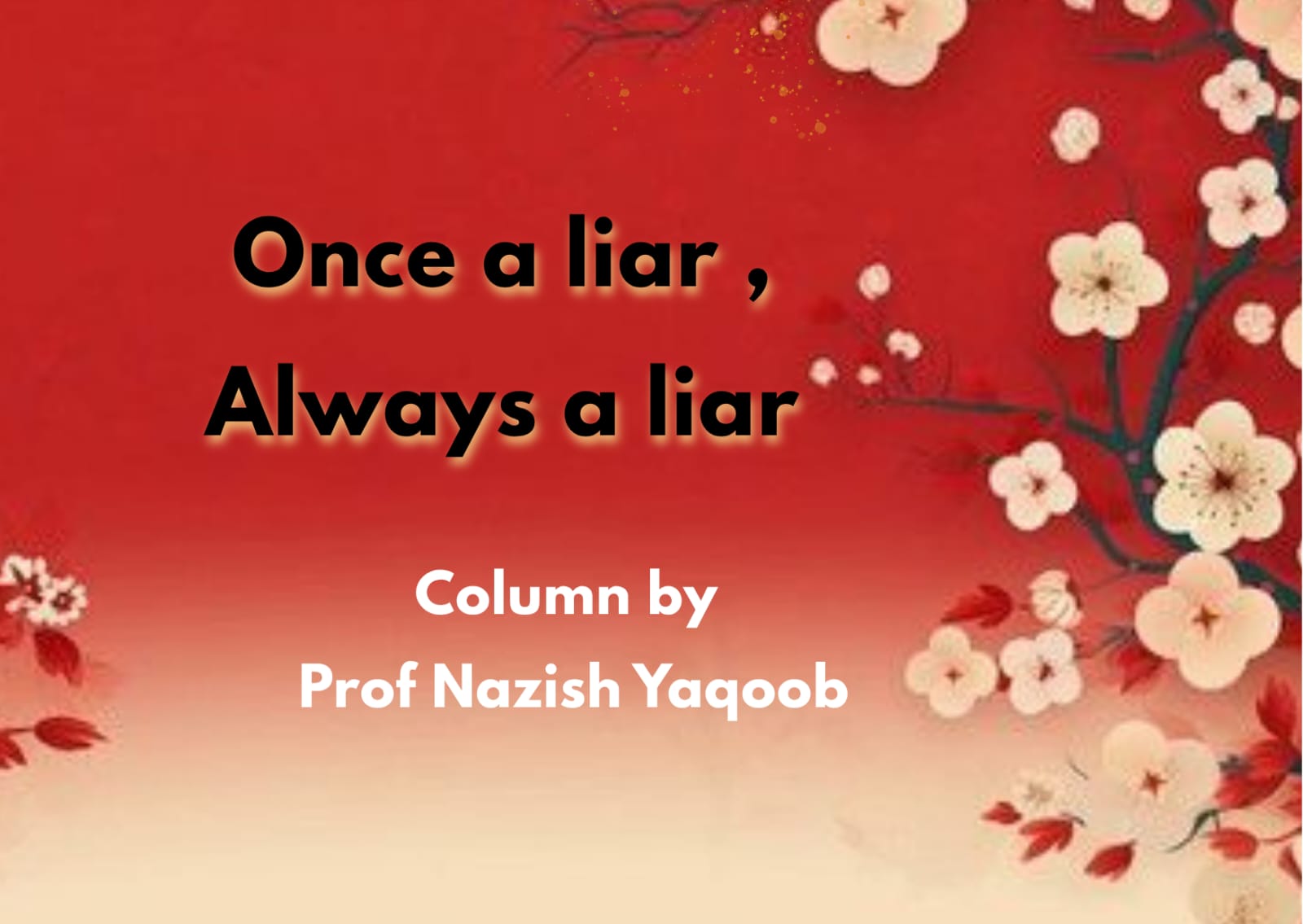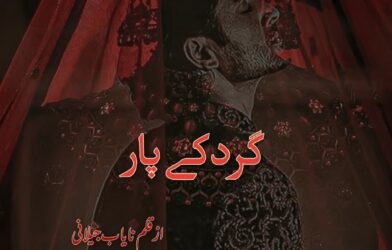To read the full column go down 👇
To read the full column go down 👇
“Truth words”
“Inspirational quotes”
Motivational quotes”
“Life quotes”
“Wisdom quotes”
“Truthful words about life”
To read the full column go down 👇
Inspirational quotes about honesty”
“Motivational quotes about truth”
“Short truth words”
“Powerful truth words”
“Quotes about integrity”
“Words of wisdom”
“Truthful sayings”
To read the full column go down 👇
To read the full column go down 👇
“Inspiring quotes”
“Meaningful words”
“Truth words to live by”
“Inspirational truth quotes”
“Motivational truth words”
Honest quotes about life”
Wisdom in truth words”
To read the full column go down
👇

In a world where truth often stands on shaky ground, one of the most corrosive forces in human relationships is dishonesty. Lies, whether small or grand, white or malicious, have the same root: a decision. That’s why the phrase “Once a liar, always a liar” holds more truth than we may like to admit. Because lying is never accidental — it’s a deliberate, conscious act.
A mistake is forgetting someone’s birthday. A mistake is missing a meeting due to miscommunication. But lying? Lying requires calculation. It involves weighing consequences, crafting words, and choosing deception over transparency. It’s a betrayal — subtle or overt — that erodes the foundation of trust, brick by brick.
The danger with lying isn’t just in the act itself; it’s in what it reveals about a person’s character. When someone lies once, they’ve shown that truth is negotiable to them — that when faced with a difficult situation, their instinct is not to confront it honestly but to cover it up. And once someone justifies a lie, it becomes easier to repeat it. It becomes a pattern, a habit, a default mode.
Some might argue, “People can change.” And yes, they can. But change starts with accountability. The problem is that many liars don’t admit they lied — they justify, minimize, or even lie further to cover the first one. Without acknowledgement, there is no redemption. Without remorse, there is no reform.
The emotional toll of being lied to is immense. It causes people to doubt not only the liar but themselves. Victims of dishonesty often spiral into self-questioning: “Did I miss the signs?” “Was I too trusting?” In the end, the damage of the lie extends far beyond the spoken words; it scars trust, taints memories, and leaves behind a residue of bitterness.
In relationships, in business, in friendship — integrity is the currency that holds everything together. When truth is fractured, everything built upon it starts to crumble. That’s why it’s not just about the lie itself, but what it signifies: the willingness to manipulate reality.
So yes, once a liar, always a liar — unless that liar confronts their choice, owns the damage, and commits to rebuilding what they broke. Because until then, lying remains exactly what it is: a choice, never a mistake.
Written by Nazish Yaqoub












